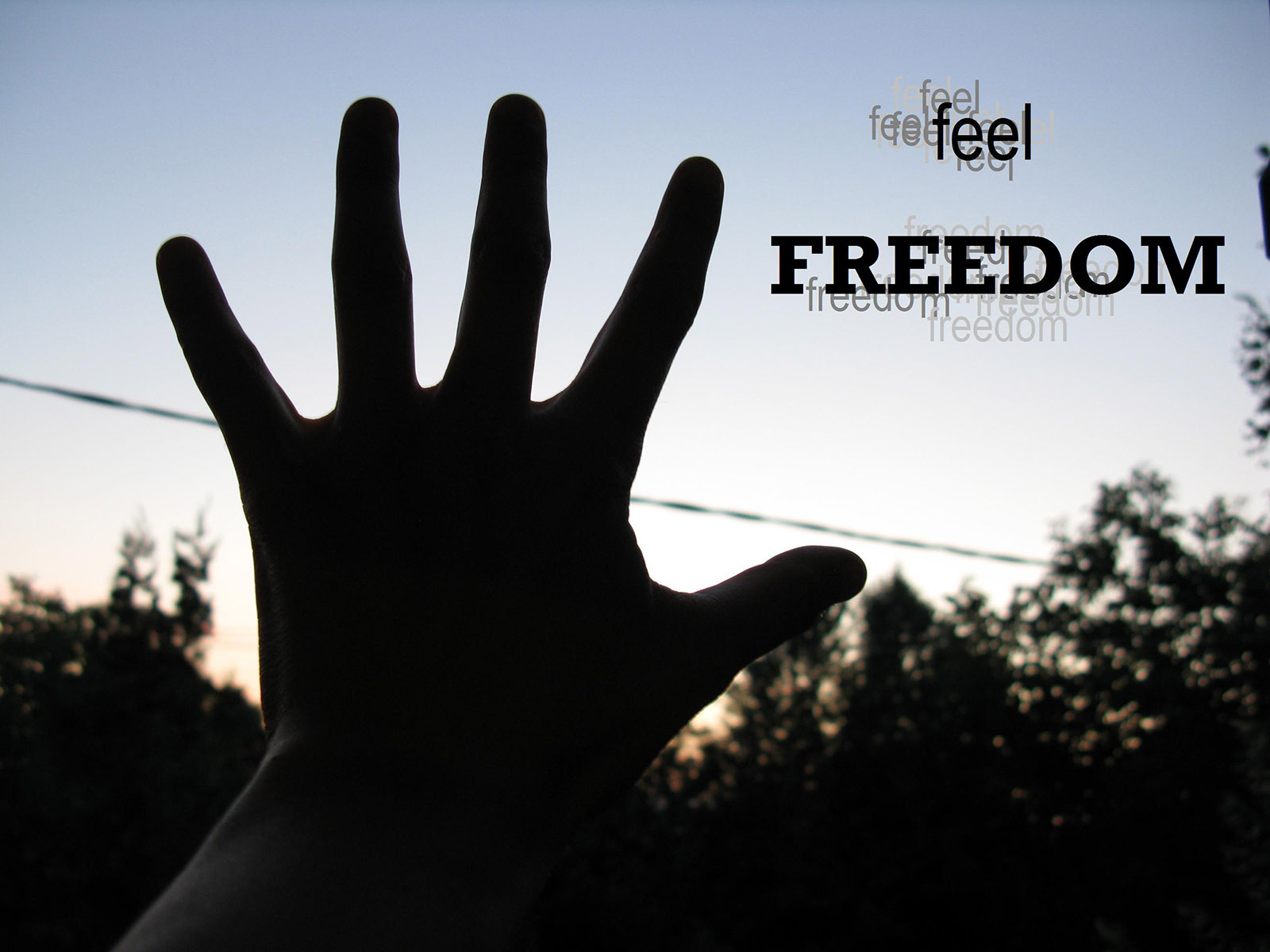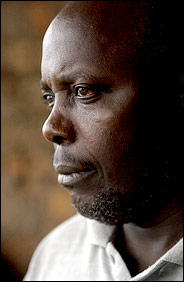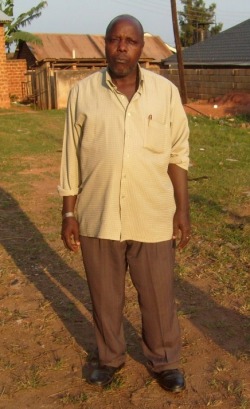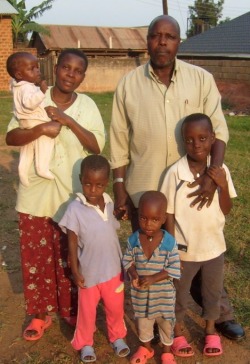In 1982 Mpagi Edward Edmary, a Ugandan taxi driver, was sentenced to death for the brutal murder of his neighbour.
But not only was Edward an innocent man, there hadn’t even been a murder.
Edward had been framed after a land dispute between families in the village got out of hand. Witnesses were bribed to say they had seen him kill the man and dispose of the body.
He spent the next 20 years in Kampala’s notorious Luzira prison and was only released when his family proved that the dead man had been hiding out in another part of the country. He told Matthew Bannister how his ordeal started.
He tells his story in his own words on Our Friends In Prison.
My name is Mpagi Edward Edmary. I really appreciate your efforts. I am so happy to join you in this webpage aimed at the global moratorium on the death penalty.
My story is for the brothers in Uganda that are still on death row.
In 1981, I was arrested along with my cousin brother Mr. Fred Masembe (rest in peace). I served 20 years in jail for the alleged murder of a person who was later found to be alive.
We only saw our lawyer twice before our hearing. As a result of bribes we were sentenced to death. At that time my English was not so good. I needed a translator. My brother did not know any English at all.
I spent 18 years on death row and 2 years on remand. My cousin brother and I were both convicted in this case. By then in Uganda it was very hard to reverse the decision of the judge, so my family followed the case up, until they lost hope in securing our release. My brother and I could not believe that a legal system would convict innocent people.
In Uganda, conditions for death row prisoners are cruel, degrading and inhumane. We were always denied medicines. There were lice flies and other vermin in the prison and this resulted in many illnesses and many prisoners died from these illnesses. In 1984 my brother developed malaria and stomach complications because of inadequate food and skin conditions.
I pleaded with the prison authorities to give my brother medication and treatment. However they told me that we were brought to death row to face death, that it was a waste of tax payer’s money to treat him. My brother died in 1985. This really scared me. But life continued.
Life is terrible on death row in Uganda, Africa. No one was ever given any notice that they would be executed. Each time we were taken by complete surprise. We lived in complete fear of any unusual activity from the wardens. During my stay in prison there were five rounds of executions. The last one was in 1999 in which the state executed 28 prisoners. But to make matters worse for the inmates, execution was carried out in the very nearby place, the crying of the inmates was closely heard and movements were seen. This made inmates life so complicated.
I remember my best friend and roommate who was dragged out by prison wardens to be executed. He cried and resisted but he was overpowered after he was hit on the head by fierce wardens. Everybody was in fear at that time. It took us years to be relieved of that incident. But still I keep remembering his last words.
The coffins for the prisoners to be executed were made in the prison. During the three days before executions, we could all hear the making of coffins. The black hoods and clothes for prisoners to be executed were made by other prisoners. We knew how many people were to be executed by counting the number of hoods being made.
All this made us depressed and stressed. The people selected for execution were taken to the gallows, which were above our cells. They kept calling out to us and singing hymns to inform us of their fate. Many of them went to the gallows pleading their innocence. Others admitted their crimes and made peace with their enemies and the Lord. Others insisted that while they committed offences, their co-accused were innocent and wrongly convicted.
For three days prior to execution we were obliged to stay in our cells. During this time we were forced to live, sleep and eat in the same conditions. No one had any appetite for food, sleep or conversation. There was normally dead silence and we thought about our own executions. Some prisoners then attempted suicide, even if they were not going to be executed then.
Executions normally took place at night. When a prisoner reached the gallows, we would all listen. After a few moments, we would hear a loud sound like a sudden explosion, as the trap doors of the gallows spring open and the prisoners are dropped to their death. We would then hear the corpses fall with a loud bang on the death table.
After my release, my family had dispersed. My wife had died and I have since lost track of two of my children because of the 1985 guerilla war in Uganda. I don’t know whether they are still alive. I have four children left — two from my previous family and two from my current family. Unfortunately the two children from my first family had no support to go to school in my absence and so now they are illiterate, which hurts me so much.
(Hattip: BBC, Our Friends In Prison)










